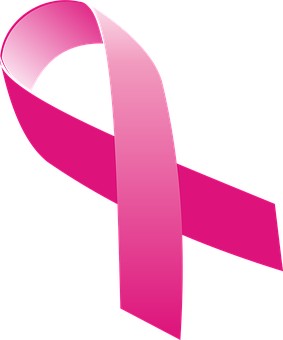For someone who is undergoing cancer treatment, doctors often insist the patients to enough food to maintain their body weight. However, once the treatment ends, the patient has to go through a diet change to become lean without being underweight.
Needless to say, one can only achieve this objective by making fair amounts of dietary changes. So rather than beating yourself up about the calories you have consumed, you need to focus on the quality of these calories to not only maintain your body weight but also regain your lost strength.
To help you get there, we have compiled important dietary and nutrition tips from the Best Cancer Doctor in Mumbai. So, be sure to read this article to educate yourself and remember to take your physician’s guidance before following any diet plan!

Table of Contents
Maintain a lean body frame while keeping your weight in check
It is very important for a cancer survivor to have a lean body. Therefore, you should start by learning your body mass index (BMI) to see if you are within a healthy body weight range as per your height. Sometimes you will be in a healthy BMI range but that doesn’t mean you have no cause of worry. A large waistline means you are carrying large amounts of belly fat that can increase cancer risk.
Ann-Marie Hedberg (associate director of Clinical Nutrition at MD Anderson) depicted when it comes to cancer risk, it is immensely important to know your Body Mass Index or BMI. There are only a few cancer types in which there is a correlation between a high BMI and an increased risk. Experts reveal that BMI is just a common indicator, but it’s not the only factor that you should account for. So, try this free and best bmi calculator to calculate BMI, this Body mass index calculator for adult, child & teen not only find your BMI, but also BMI classifications and Healthy Weight Range along with BMI chart.
Be mindful of your portion size
When filling up your plate, always take larger portions of fruits and vegetables. Keep the portion of meat and desserts small. The nutritionists recommend that the best way to exercise portion control is by eating out of smaller plates. Additionally, you can also measure food while cooking so that you know exactly how much you are consuming. If you have any leftovers, don’t be tempted to eat it all. You can share it with your friends and neighbours.
Practice physical activity for at least 30 minutes a day
You don’t need to be active for 30 minutes at once. You can take three small 10 minutes walks after each meal or do simple exercises in your break timings. You should also limit your sedentary activities like watching TV and incorporate more physical activities such as walks, yoga, meditation etc.
Avoid sugary foods and drinks
A good rule of thumb is to keep your calorie intake from sugar under 10% of your total calorie intake. For instance, if you are consuming a 2000 calorie diet, then you should have no more than 12 teaspoons of sugar, with one teaspoon being equal to four grams. At the same time, you should also avoid sugary drinks and fast foods that are nothing but empty calories.
Consume more fibre rich foods such as fruits, vegetables, grains, legumes etc.
A good diet consists of at least five servings of fruits and vegetables every day. According to dieticians, at least 2/3rd of your food should be plant based. While cooking, you should also avoid frying or covering your food with sauces. Instead, consider boiling or steaming your vegetables.
Avoid the consumption of red meat and processed meat
Red meat such as lamb, beef, pork etc. are considered to be carcinogenic. When consumed in high quantities every day, they can be very bad for your health. In fact, some studies even claim that eating red meat can increase your chances of cancer. Processed meat includes hot dogs, cornered beef, bacon, ham, beef jerky, and other types of deli meat that are also classified as carcinogenic by World Health Organization.
Avoid drinking too much alcohol
While alcohol consumption in moderation is permissible in most cases, it is advisable to limit your intake to no more than one or two drinks per day.
Limit your sodium intake
Another dietary limitation that cancer survivors must follow is to have no more than 2300mg of salt in a day. According to studies, people consume an unhealthy amount of salt that can lead to many diseases. Rather than eating too much salt, you should substitute it with healthy herbs and spices to enrich the taste. You should also beware of low-sodium foods and condiments that often contain a lot of salt. Just be sure to read the labels to educate yourself about what you are ingesting.
Do not substitute healthy diet with supplements
Don’t let a marketer convince you that you can make up for dietary shortfalls with supplements. If you consume balanced meals, you will be able to meet your nutritional needs with food alone. You should also take your doctor’s guidance before self-administering health supplements.
Always remember that we are what we eat. Keeping your diet clean and simple will prevent not just recurrence of cancer but also keep other diseases at bay. So make sure you follow these diet tips to reclaim your health!